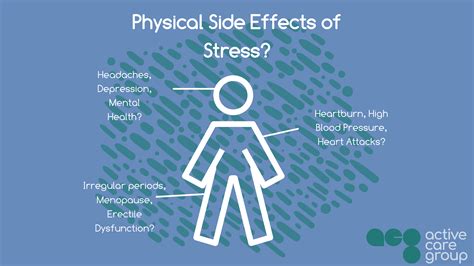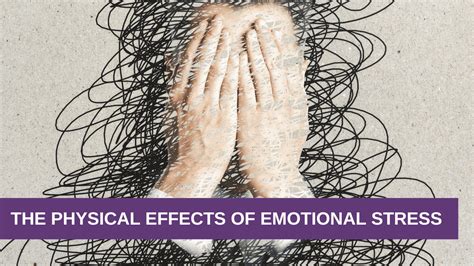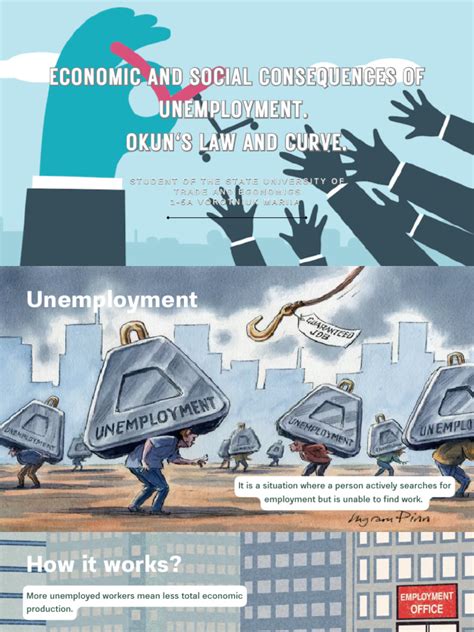Intro
Dysphagia affects daily life in 5 significant ways, causing swallowing difficulties, nutrition issues, and respiratory problems, impacting overall health and quality of life with symptoms like choking, coughing, and aspiration.
Dysphagia, a condition characterized by difficulty swallowing, affects millions of people worldwide. It can be caused by a variety of factors, including neurological disorders, physical obstructions, and certain medical conditions. The impact of dysphagia on an individual's quality of life cannot be overstated, as it can lead to malnutrition, dehydration, and even respiratory problems. In this article, we will delve into the various ways dysphagia affects individuals, exploring the physical, emotional, and social consequences of this condition.
The prevalence of dysphagia is a significant concern, as it can affect people of all ages, from infants to the elderly. According to the National Foundation of Swallowing Disorders, approximately 15 million people in the United States suffer from dysphagia, with the condition being more common among older adults and those with certain medical conditions. The financial burden of dysphagia is also substantial, with estimates suggesting that the annual cost of caring for individuals with dysphagia exceeds $1 billion.
Understanding the complexities of dysphagia is crucial for developing effective treatment strategies and improving patient outcomes. Dysphagia can be classified into different types, including oropharyngeal dysphagia, which affects the mouth and throat, and esophageal dysphagia, which affects the esophagus. Each type of dysphagia requires a unique approach to management and treatment, highlighting the need for personalized care and attention.
Physical Consequences of Dysphagia

The physical consequences of dysphagia are far-reaching and can have a significant impact on an individual's overall health and well-being. One of the most common complications of dysphagia is malnutrition, which can lead to weight loss, fatigue, and a weakened immune system. Dehydration is another concern, as individuals with dysphagia may struggle to consume sufficient fluids, leading to electrolyte imbalances and other complications. Additionally, dysphagia can increase the risk of respiratory problems, such as pneumonia, as food and liquids can enter the airway, causing infection and inflammation.
Types of Physical Consequences
Some of the physical consequences of dysphagia include: * Malnutrition and dehydration * Weight loss and fatigue * Respiratory problems, such as pneumonia * Electrolyte imbalances and other complications * Increased risk of infections, such as urinary tract infectionsEmotional Consequences of Dysphagia

The emotional consequences of dysphagia should not be underestimated, as the condition can have a profound impact on an individual's mental health and well-being. Feelings of frustration, anxiety, and depression are common among individuals with dysphagia, as they struggle to cope with the physical and social challenges of the condition. The loss of independence and the need for assistance with eating and drinking can be particularly distressing, leading to feelings of embarrassment and shame.
Coping Mechanisms
Some coping mechanisms for the emotional consequences of dysphagia include: * Seeking support from family and friends * Joining a support group or online community * Practicing relaxation techniques, such as deep breathing and meditation * Engaging in activities that bring joy and fulfillment * Seeking professional help from a therapist or counselorSocial Consequences of Dysphagia

The social consequences of dysphagia can be significant, as the condition can affect an individual's relationships and social interactions. Mealtimes, which are often a social occasion, can become a source of stress and anxiety, as individuals with dysphagia may struggle to eat and drink in front of others. This can lead to social isolation, as individuals may avoid social gatherings and events that involve food and drink.
Strategies for Social Interaction
Some strategies for social interaction and dysphagia include: * Communicating openly and honestly with family and friends about the condition * Finding alternative ways to socialize, such as going for walks or engaging in hobbies * Seeking support from a therapist or counselor to address social anxiety and depression * Joining a support group or online community to connect with others who have dysphagia * Practicing relaxation techniques, such as deep breathing and meditation, to manage stress and anxietyTreatment Options for Dysphagia

Fortunately, there are various treatment options available for dysphagia, depending on the underlying cause and severity of the condition. Speech-language pathologists (SLPs) play a crucial role in the diagnosis and treatment of dysphagia, using a range of techniques and strategies to improve swallowing function. These may include exercises to strengthen the muscles used for swallowing, as well as techniques to improve coordination and timing.
Treatment Strategies
Some treatment strategies for dysphagia include: * Exercises to strengthen the muscles used for swallowing * Techniques to improve coordination and timing * Dietary modifications, such as thickening liquids or pureeing foods * The use of assistive devices, such as swallowing aids or feeding tubes * Surgery, in some cases, to remove physical obstructions or repair damaged tissuesFuture Directions for Dysphagia Research

While significant progress has been made in our understanding and management of dysphagia, there is still much to be learned about this complex condition. Future research should focus on developing more effective treatment strategies, as well as improving our understanding of the underlying causes and mechanisms of dysphagia. The use of advanced technologies, such as imaging and neurostimulation, may also hold promise for the diagnosis and treatment of dysphagia.
Research Priorities
Some research priorities for dysphagia include: * Developing more effective treatment strategies, such as new exercises or techniques * Improving our understanding of the underlying causes and mechanisms of dysphagia * Investigating the use of advanced technologies, such as imaging and neurostimulation * Examining the impact of dysphagia on quality of life and patient outcomes * Developing more effective methods for diagnosing and assessing dysphagiaConclusion and Final Thoughts

In conclusion, dysphagia is a complex and multifaceted condition that affects millions of people worldwide. The physical, emotional, and social consequences of dysphagia can be significant, highlighting the need for effective treatment strategies and support. By understanding the causes and mechanisms of dysphagia, as well as the various treatment options available, we can work towards improving patient outcomes and quality of life.
We invite you to share your thoughts and experiences with dysphagia in the comments below. If you have any questions or would like to learn more about this condition, please don't hesitate to reach out. Together, we can raise awareness and promote understanding of dysphagia, ultimately improving the lives of those affected by this condition.
What is dysphagia and how is it diagnosed?
+Dysphagia is a condition characterized by difficulty swallowing, which can be caused by a variety of factors, including neurological disorders, physical obstructions, and certain medical conditions. Diagnosis typically involves a comprehensive evaluation by a healthcare professional, including a physical examination, medical history, and diagnostic tests, such as imaging studies or endoscopy.
What are the treatment options for dysphagia?
+Treatment options for dysphagia depend on the underlying cause and severity of the condition. These may include exercises to strengthen the muscles used for swallowing, dietary modifications, such as thickening liquids or pureeing foods, and the use of assistive devices, such as swallowing aids or feeding tubes. In some cases, surgery may be necessary to remove physical obstructions or repair damaged tissues.
How can I cope with the emotional and social consequences of dysphagia?
+Coping with the emotional and social consequences of dysphagia requires a comprehensive approach, including seeking support from family and friends, joining a support group or online community, and practicing relaxation techniques, such as deep breathing and meditation. It is also essential to communicate openly and honestly with loved ones about the condition and to seek professional help from a therapist or counselor if needed.
